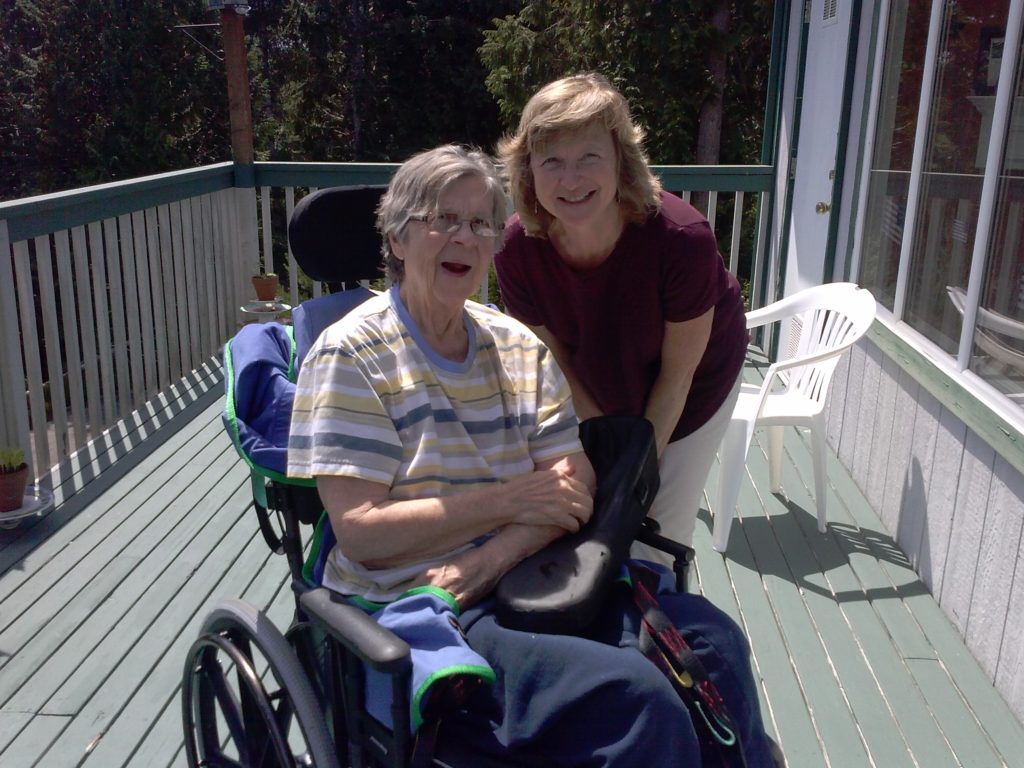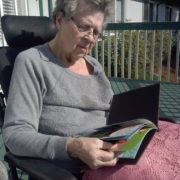Fallen
I think it was my friend Carla who told me that the opposite of Lent, or Lenten, that 40 days preceding Easter, is

Photo by Kaboompics .com from Pexels
Fallen. (I think this was fall of 2011, when I blogged for 40 days in a row.) My mother, after sleeping pretty much steadily for two days this week, was evaluated by paramedics on Thursday morning and transported to St. Anthony’s hospital in Gig Harbor.
Mom’s severe UTI (urinary tract infection), even after she was rehydrated and awake, and more or less alert, left her more confused than usual. Yesterday (Friday) I felt like Alice after the fall down the rabbit hole. It wasn’t that nothing made sense, it was just an…alternate sense. She wasn’t in the hospital, I was. When the nurse asked her name, she said “Bethany.” I was her sister, then I was my sister. I told her, I’m not the redhead, that’s Sharyl. And she said, Since when? She told a nurse that I’ve been combing my own hair for quite a while. I finally figured out that she thought I was my niece, Misti, who used to cut and perm Mom’s hair. When I tried to straighten her out, she said, Misti is a little girl! She can’t cut my hair!
Well, this went on…all day. I read aloud from our current Agatha Christie novel. I went to the cafeteria for my lunch and then I went to my car and napped for an hour. Later I coaxed her into watching some TV with me. (At the end of an episode of How I Met Your Mother, she turned to me and said, in perfect wonderment, “So he turned into a cat?” It must be pretty amazing to live in my mother’s head.)
Toward the end of the day she decided that she would move back into the farmhouse. She wanted me to call my nephew and tell him he would have to move out. At least we were in the present day (until she asked where my father was living!). I helped her with dinner, and then I left. I got turned around on highway 16 and ended up taking the ferry, even though Gig Harbor is pretty close to I-5. I began to think of how it isn’t just my mother — we ALL get turned around. I see a shadow from the corner of my eye and I disregard it, or I look more closely to see that of course it is just a shadow; my mother thinks there’s a man standing in the corner. I think about Mom’s sisters, visiting her on her birthday; Mom thinks of her sister Evelyn and then she tells me what Evelyn is telling her. I notice that the woman who brings mom’s dinner has gray hair and looks like a grandmother, and Mom asks me, Was that Mother? Did she cook this food? (And maybe that was why Mom ate better last night than I’ve seen her eat in a long time.)
I wish my Dad were still alive. I wish they were still living on the farm and I could visit and have them take care of me. But I know that isn’t reality, so I don’t say it out loud. Mom says it.
But maybe that’s a little bit what I do, after all. Because what is a writer but someone who gets to entertain every fantasy, every fancy that comes into her head? Or at least select fantasies and fancies. I get to share them with you, here, and I get to take out my manuscript and, well, not so much make stuff up, as be with the stuff that makes me up.








